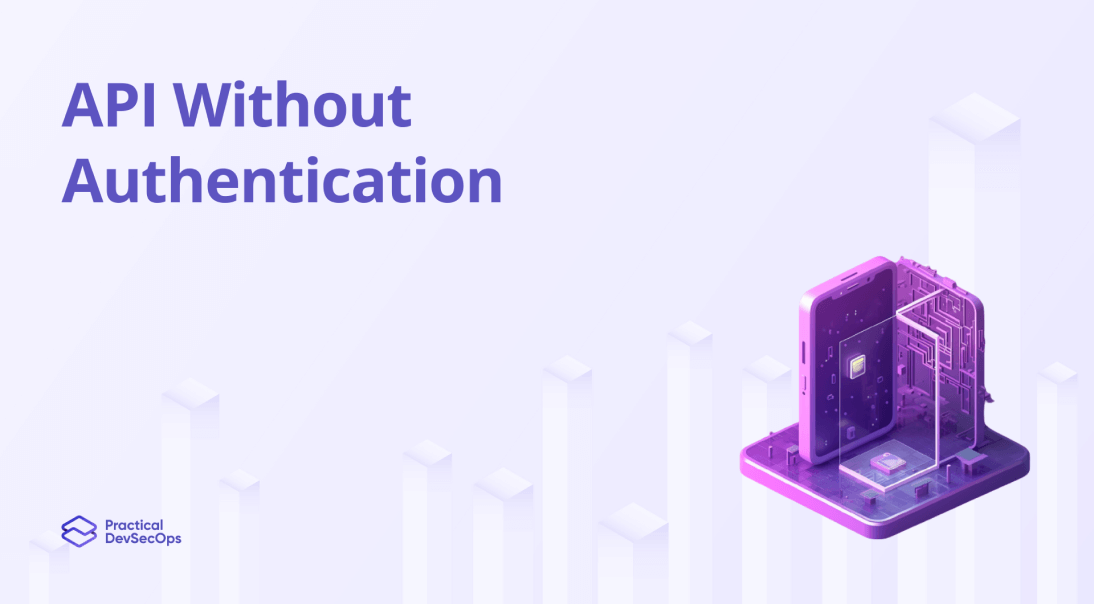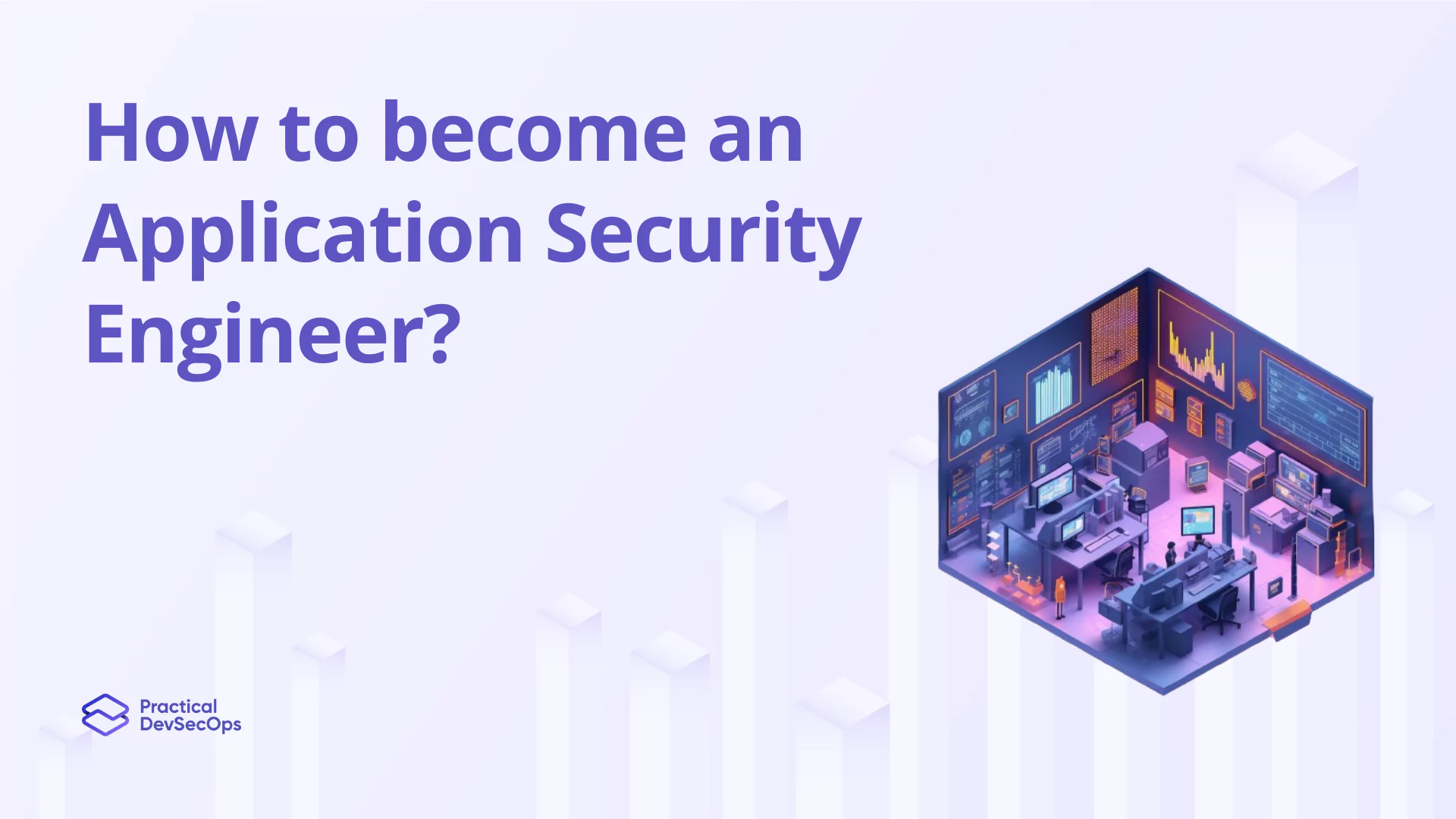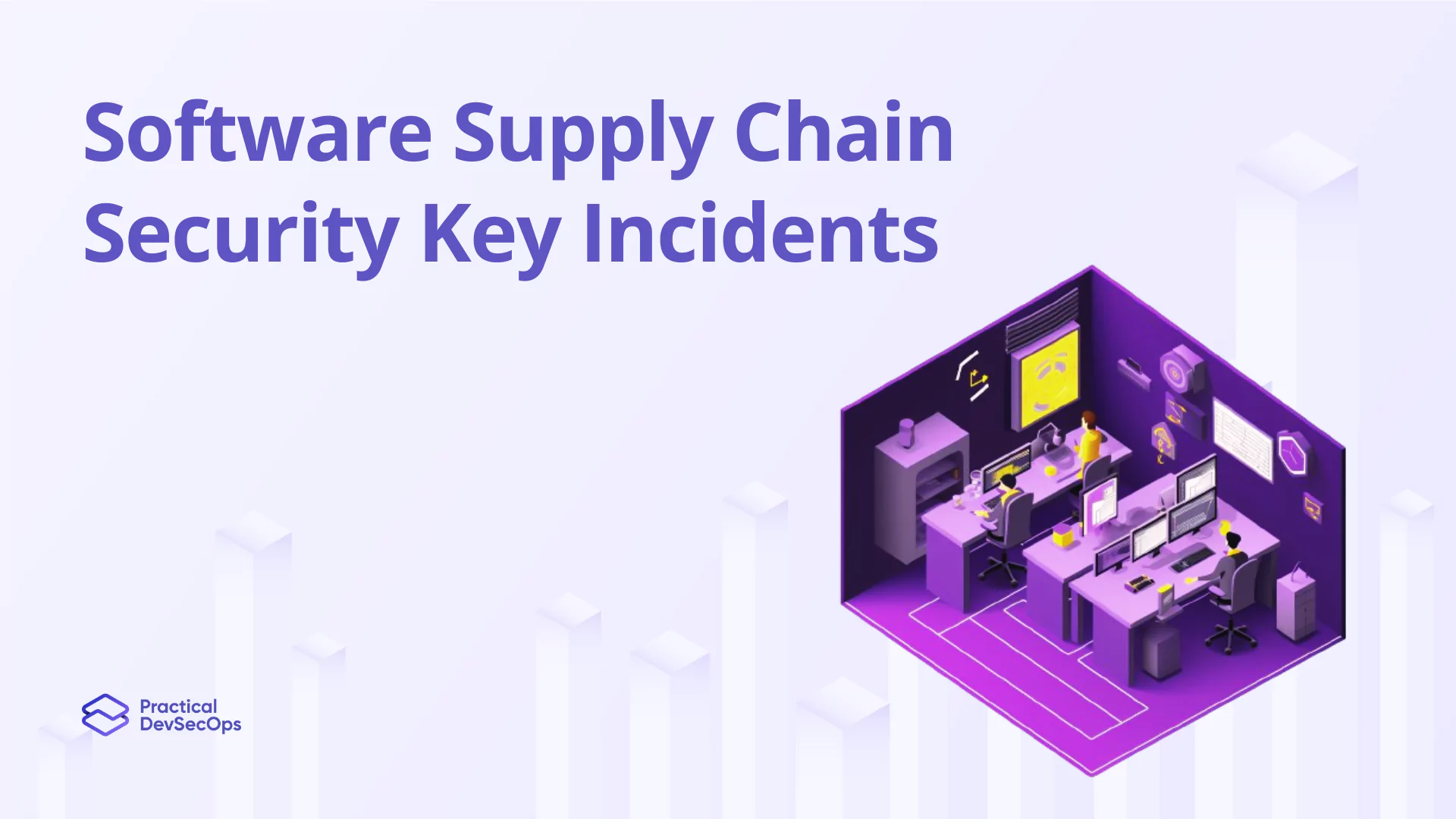This article considers APIs without authentication and goes deeper into the risks that come by neglecting the necessary measures of authentication, leaving the door wide open for massive cyber-attacks. Here is a journey that takes you through why your APIs need to be authenticated and ways you can keep them safe.
Understanding API Authentication
The API authentication is just a process of checking whether the user or application making requests to an API is really who he or she claims to be. It acts as a safeguarding wall so that only authorized entities can interact with APIs to access high-level sensitive data or perform certain action. In the absence of proper means of authentication, APIs consequently become prone to unauthorized access. It paves the roadway for the ease of compromise and misuse of subsequent data.
The Risks of API without Authentication
When APIs are without authentication, they provide a great lure for cybercriminals. The following are some of the major risks that accrue when APIs are without authentication:
- Unauthenticated access to your APIs: This means anybody, even malicious actors looking to find and exploit some possible vulnerability or steal sensitive data.
- Data Breaches: Unauthenticated APIs are more threatening, since they have the ability to expose all the control securities set by the cybercriminal to get away with the valuable information.
- Exploitation of Vulnerabilities: APIs that do not protect with any kind of authentic mechanism tend to be easily exploitable by the attackers, who can try many kinds of attacks, like injection attacks, XSS, or session hijacking.
- Account Takeover: Uncontrolled access to APIs opens an account takeover opportunity, whereby an attacker will only impersonate a genuine user and therefore will inherit his or her unauthorized privileges to bring havoc to your system.
- API Abuse: Some of the major causes for API abuse cases are non-authentication of APIs. In such a scenario, the attackers have the option of system overloading, resource exhaustion, or even abusing functionalities.
Thus, without such an authentication mechanism, an API would be a ready-made security loophole that can bring disastrous reputation damage to the organization, erode its customer trust, and finally even cause financial loss to the organization.
Securing your APIs: Best Practices in API Authentication
Ensure strong authentication schemes for your APIs to secure both the APIs and sensitive data. Follow these best practices:
1. Implement Strong Authentication Methods
Use robust authentication methods like API keys, tokens, or OAuth for secure and authorized access.
Also Read, API Security Best Practices
2. Enforce Role-Based Access Controls (RBAC)
Adopt Role-Based Access Controls (RBAC) to finely control access based on user or application roles.
3. Implement Multi-Factor Authentication (MFA)
Always consider implementing Multi-Factor Authentication (MFA) for an extra layer of security during authentication process.
Also Read, Best API Security Testing Tools
4. Encrypt Sensitive Data
Use Transport Layer Security (TLS) protocols to encrypt sensitive data during transmission and storage.
Also Read about, API Security Trends of 2024
5. Monitor and Log API Activities
Monitor API activities and log them to detect suspicious behaviors & respond quickly to security incidents.
Also Read, Best API Security Books
6. Regularly Update and Patch APIs
Regularly update and also need to patch APIs to fix known vulnerabilities and maintain a secure API infrastructure.
Download Free E-book on API Security
Conclusion
APIs without authentication create a recipe for cybersecurity disaster. Don’t leave your APIs vulnerable to unauthorized access, data breaches, and reputation damage. Implement robust API authentication mechanisms following best practices to safeguard sensitive data and maintain the integrity of your systems.
Interested in API Security Hands-On Upskilling?
Practical DevSecOps offers an excellent Certified API Security Professional (CASP) course with hands-on training through browser-based labs, 24/7 instructor support, and the best learning resources to upskill in API security.
Start your journey mastering API security today with Practical DevSecOps!
Also Read about, API Security Trends of 2024






0 Comments